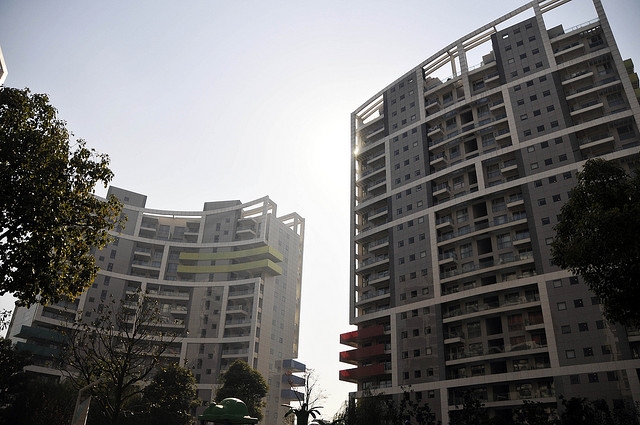
No quick exit for China's residential property curbs
Chinese Premier Wen all but confirmed the continued enforcement of current cooling measures.
Housing prices remain too high for the government's liking, said HSBC, and it is more concerned with preventing a property bubble that could prove crippling to long-term growth.
Here's more from HSBC:
Beijing has seen its tightening measures on checking property bubble pay off because: 1) The government showed enough determination; and 2) Tightening measures were designed to address investment and speculative driven demand.
The financial sector and property developers have strong common interests, while local government relies on land sales revenue heavily. As a result, this has created mounting resistance on policymakers' property tightening, which caused Beijing to fail to check property prices in the last rounds of property tightening.
Key points of future property policy:
1. Beijing needs to ensure a healthy development of the housing market in the long term without developing a bubble, a bursting of the property market could weigh on China's whole economy.
2. "Property price returning to a reasonable level" means property prices should be in line with household income levels. Property sale prices should include costs and a reasonable profit margin. "Clearly, current prices are still far away from being reasonable. As such, there is no setback of regulating in the housing sector."
3. Development of property sector needs to fully bring out the fundamental role of the market in allocating resources. At the same time, government support is indispensible as it could promote fairness and social stability.
























 Advertise
Advertise






